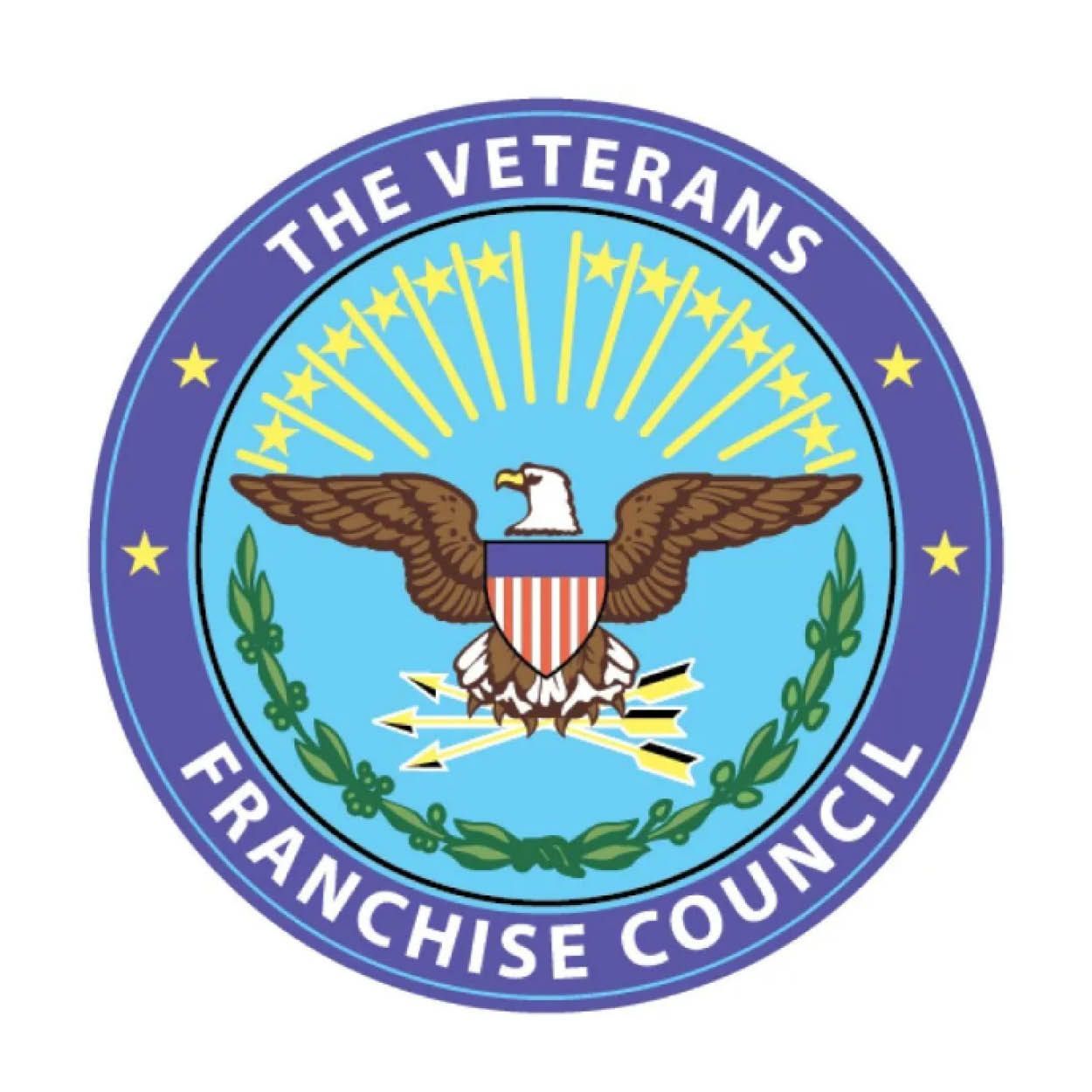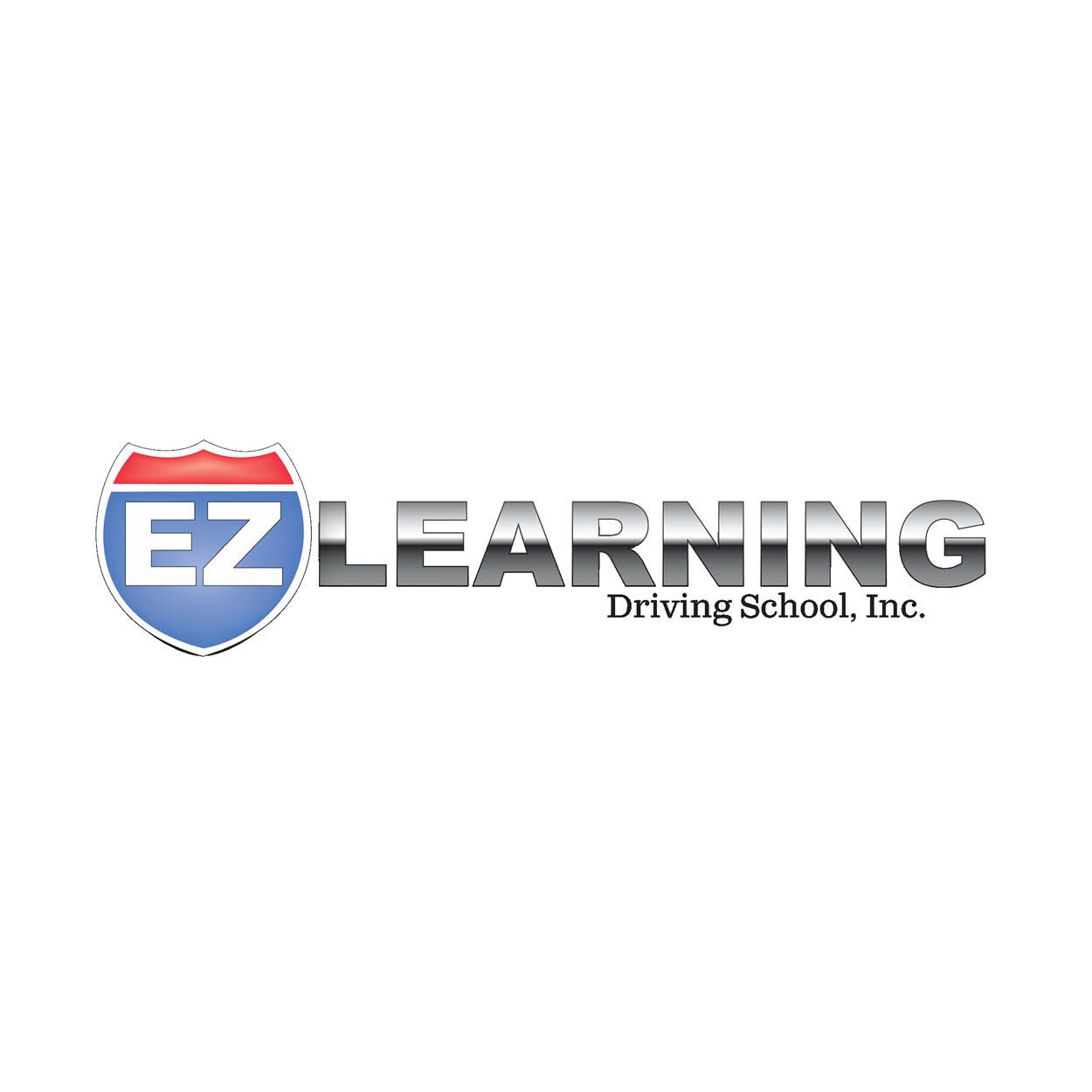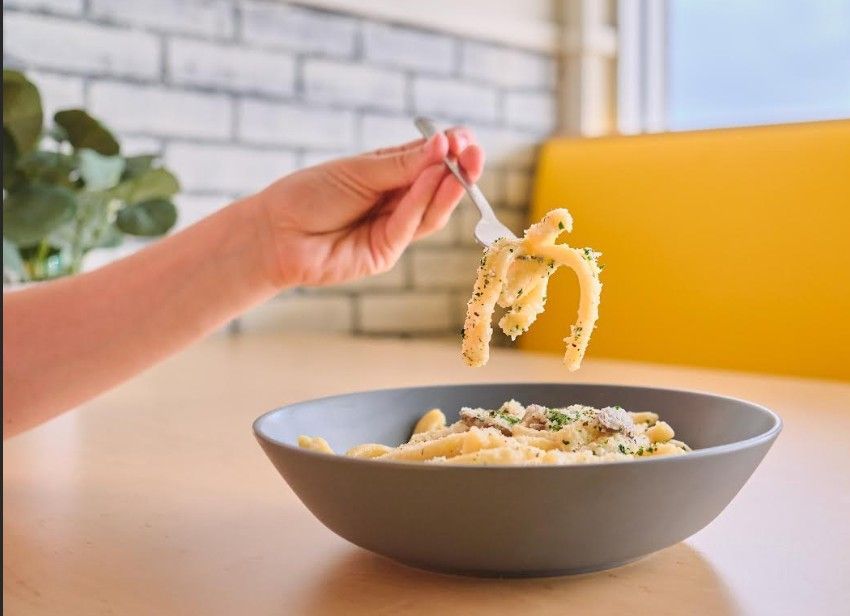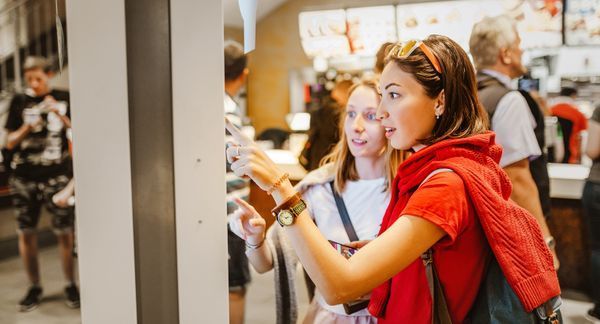The Power of Movement: The Importance of Physical Education and Gross Motor Skills for Children
Physical education and the development of gross motor skills are essential components of a child's holistic growth. Engaging in physical activities and mastering gross motor skills not only promote physical fitness but also contribute to cognitive, social, and emotional development. In this article, we will explore the significance of physical education and gross motor skills in childhood, highlighting their impact on overall well-being, academic performance, and fostering a lifelong commitment to a healthy lifestyle.
Enhancing Physical Fitness and Well-being
Physical education and the development of gross motor skills are crucial for improving physical fitness and overall well-being. Regular physical activity helps children develop strong muscles and bones, improve cardiovascular health, and maintain a healthy weight. It also contributes to the development of coordination, balance, and flexibility. Engaging in physical education activities, such as running, jumping, and playing sports, promotes an active lifestyle and instills healthy habits that can benefit children throughout their lives.
Cognitive Development and Academic Performance
Physical education and the development of gross motor skills have a positive impact on cognitive development and academic performance. Research suggests that regular physical activity improves cognitive function, attention, and memory. It enhances brain development and promotes the growth of neural connections. Physical education activities that require problem-solving, strategy, and coordination also enhance cognitive skills such as critical thinking, decision-making, and spatial awareness. By incorporating physical education into the curriculum, schools provide an opportunity for children to excel academically through the enhancement of cognitive abilities.
Social and Emotional Development
Physical education and gross motor skill development offer valuable opportunities for social interaction and emotional growth. Team sports, group activities, and cooperative games encourage collaboration, communication, and teamwork. Through these experiences, children learn important social skills such as empathy, cooperation, and conflict resolution. Physical education also provides a platform for children to build self-confidence, resilience, and a positive self-image. As they set personal goals, practice skills, and face challenges, they develop perseverance and a sense of achievement, bolstering their self-esteem.
Motor Skill Development and Coordination
Gross motor skills, which involve the movement and coordination of large muscle groups, are essential for a child's physical development. Physical education activities and games promote the mastery of skills such as running, jumping, throwing, and catching. Developing these skills not only enhances physical fitness but also improves overall motor coordination. Fine motor skills, which involve precise movements of smaller muscle groups, are also influenced by gross motor skill development. Strong gross motor skills provide a foundation for fine motor skill development, which is crucial for tasks such as writing, drawing, and using tools.
Lifelong Commitment to Health and Well-being
Physical education and the development of gross motor skills play a significant role in fostering a lifelong commitment to health and well-being. By engaging in physical activities and experiencing the benefits firsthand, children develop an appreciation for the importance of maintaining an active lifestyle. They acquire knowledge about proper nutrition, the importance of regular exercise, and strategies for maintaining a healthy body. These experiences and knowledge lay the foundation for making informed choices and adopting healthy habits throughout adulthood.
Physical education and the development of gross motor skills have far-reaching benefits for children's overall well-being and development. From improving physical fitness to enhancing cognitive abilities, social skills, and emotional resilience, physical education plays a vital role in a child's holistic growth. By providing opportunities for movement, skill development, and promoting a lifelong commitment to health and well-being, educators and parents equip children with essential tools to thrive physically, mentally, and socially. Incorporating physical education into the curriculum and encouraging regular physical activity helps children build a strong foundation for a healthy and active future.
About the Author
Mariel Miller is a sought-after advisor to professionals curious about income-replacement strategies through franchise ownership. With 30 years in the industry, she has a wealth of insights and resources to share. Contact Mariel a tmariel@thefranchiseconsultingcompany.com.








SIGN UP FOR THE FRANCHISE JOURNAL NEWSLETTER
FJ Subscribe
Thank you for subscribing to The Franchise Journal.
Please try again later.



